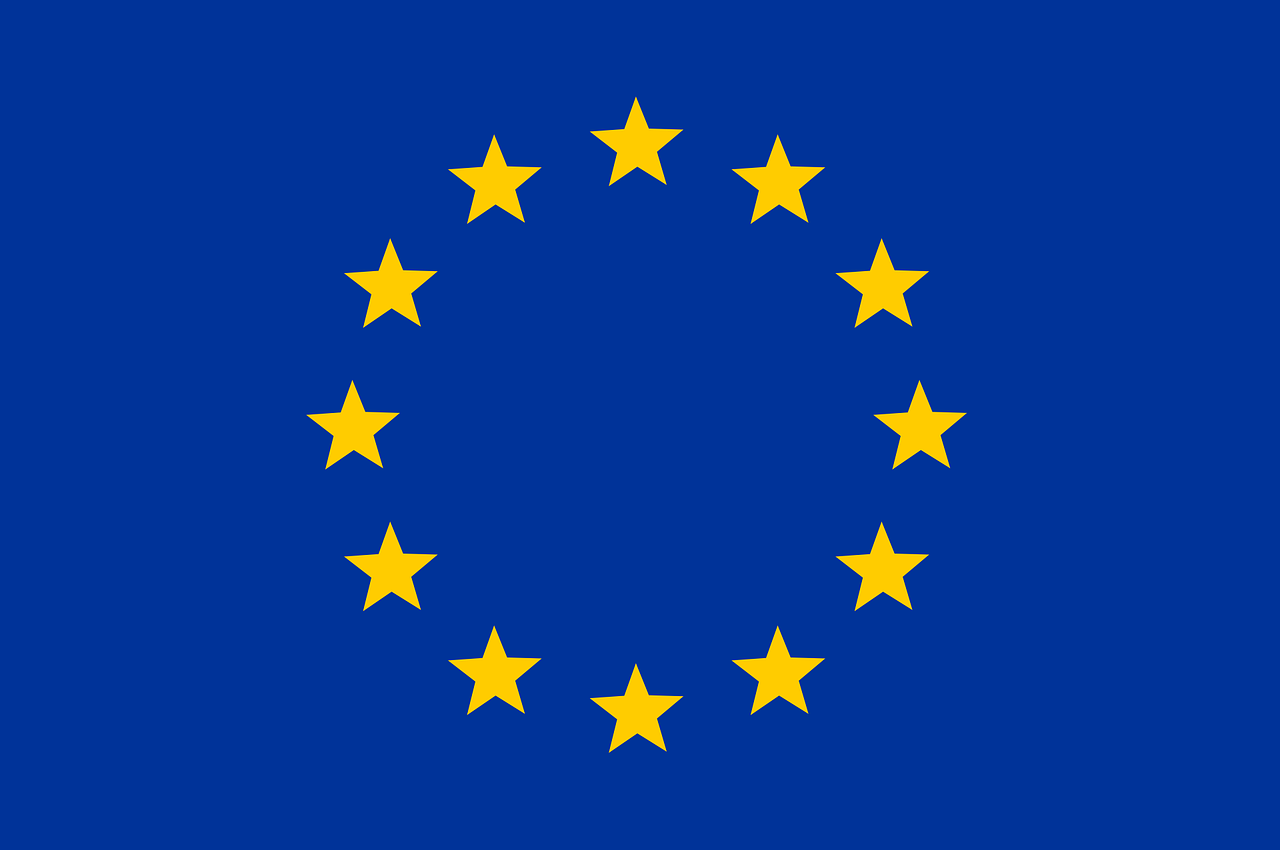This content was generated on March 13, 2024 using Google Gemini Ultra 1.0 and the following prompt:
"I need to know what the "EU AI Act" passed today specifically prohibits"
Here's a breakdown of what the EU AI Act specifically prohibits:
Key Prohibited AI Practices
- AI systems that manipulate to circumvent free will: AI systems that use subliminal, manipulative, or deceptive techniques to materially distort someone's behavior in a way that causes or could cause them harm are banned.
- "Social Scoring" by governments and private companies: The use of AI to rate or rank citizens' trustworthiness based on their social behavior or predicted characteristics is prohibited.
- General-purpose AI systems used for real-time remote biometric identification in publicly accessible spaces: This means a ban on widespread facial recognition surveillance in public by law enforcement, except for specific purposes like searching for missing children, preventing imminent terrorist threats, or seeking suspects of serious crimes (and with judicial oversight).
- AI systems designed to exploit vulnerabilities: AI systems that target the specific vulnerabilities of a group based on age, disability, or other factors in a way that could cause them harm are not allowed.
Other Notable Restrictions (Not full bans, but with significant requirements)
- High-risk AI: AI systems deemed high-risk (such as those used in critical infrastructure, law enforcement, education, or:
- Risk assessment and mitigation
- High-quality datasets to minimize bias
- Logging of activity to ensure traceability
- Robust documentation
- Clear human oversight
- High levels of accuracy, robustness, and cybersecurity
- Emotion Recognition Systems: Using AI to infer emotions in workplaces and educational settings is restricted.
Important Notes
- Scope: These regulations apply to AI systems within the EU, as well as providers of AI systems located outside the EU if their system's output is used within the EU.
- Timeline: The AI Act is passed, but it's not fully in effect immediately. Some obligations will start to apply shortly, while the main restrictions, particularly those for high-risk AI, will have a more gradual phase-in period.
For More Information
You can find the full and detailed text of the EU AI Act on the European Parliament's website: https://www.europarl.europa.eu/news/en/press-room/20240308IPR19015/artificial-intelligence-act-meps-adopt-landmark-law
Let me know if you'd like clarification on specific points or examples of the types of AI systems that would fall under these restrictions!



